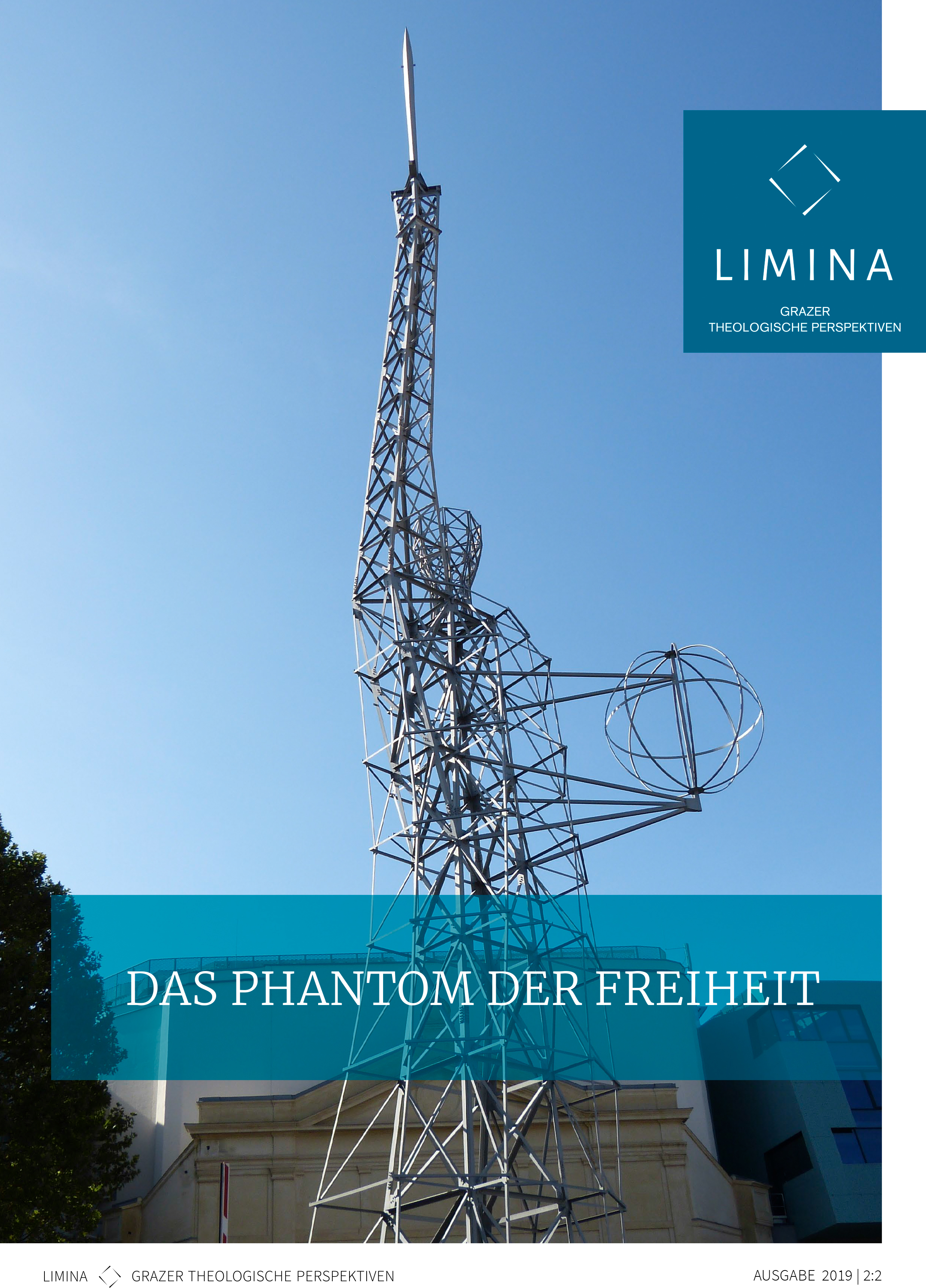Between Hope and Violence Issues of freedom in religious contexts
Main Article Content
Abstract
Current neuroscientific findings make freedom appear to be an illusion. But even if one believes that freedom exists, there are two issues to consider: First, the time-based nature of freedom and thus free (autonomous) identity construction can easily be misunderstood, particularly in the context of freedom in religion. Second, there is a potential to preach a universalism of truth and sacralise the Divine. In response and in contrast, this article proposes that hope provides a key dimension and argues that the relativization of numinosity is an important requirement for freedom in religion. This presents the only solution that – according to this theory – allows the negation of violence through violence to be countered by the invocation of the Good as an essential attribute of freedom in religion.
Article Details
The author(s) retain copyright without any restriction.
LIMINA provides immediately upon publication open access to its content. The content of this journal is licensed under the Creative Commons Attribution 4.0 International Licence. By submitting a contribution, the author(s) agree(s) to the terms of use of the CC BY licence.

